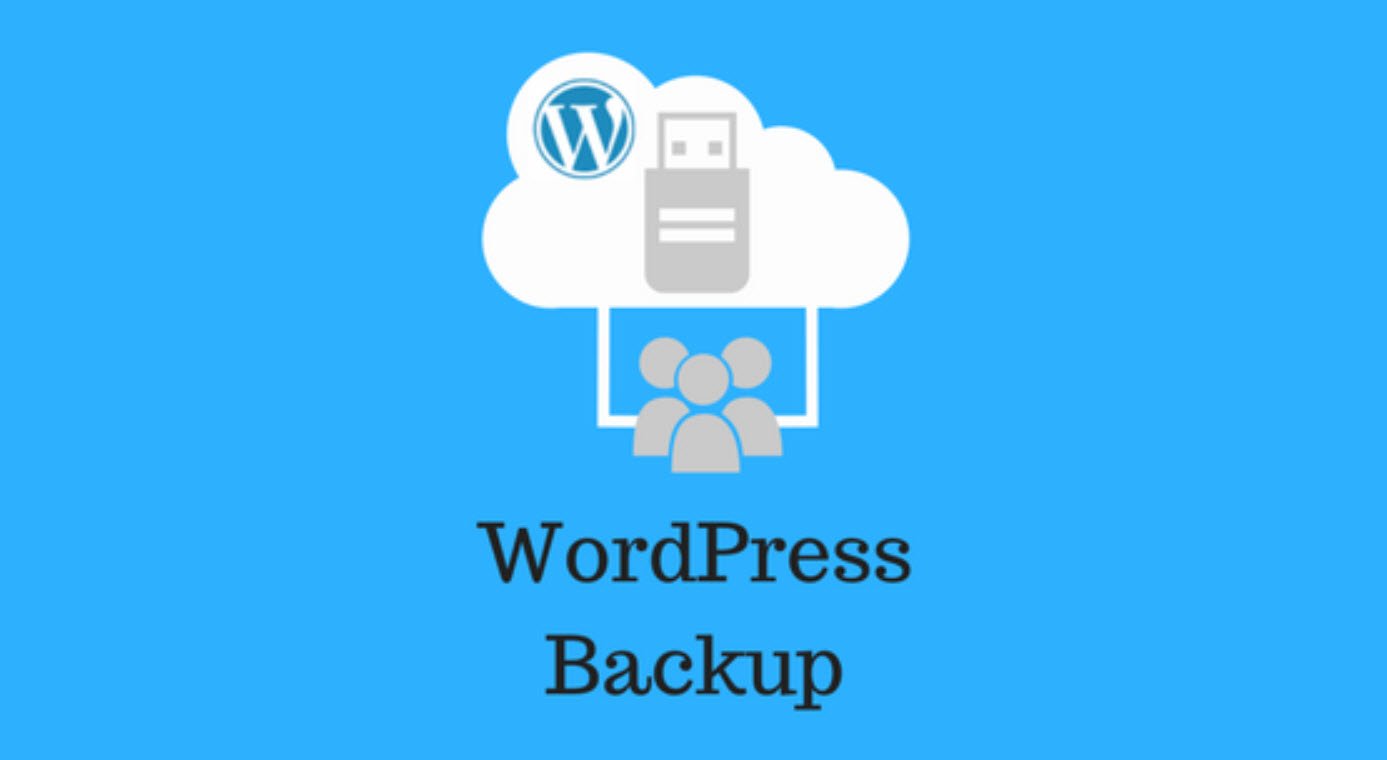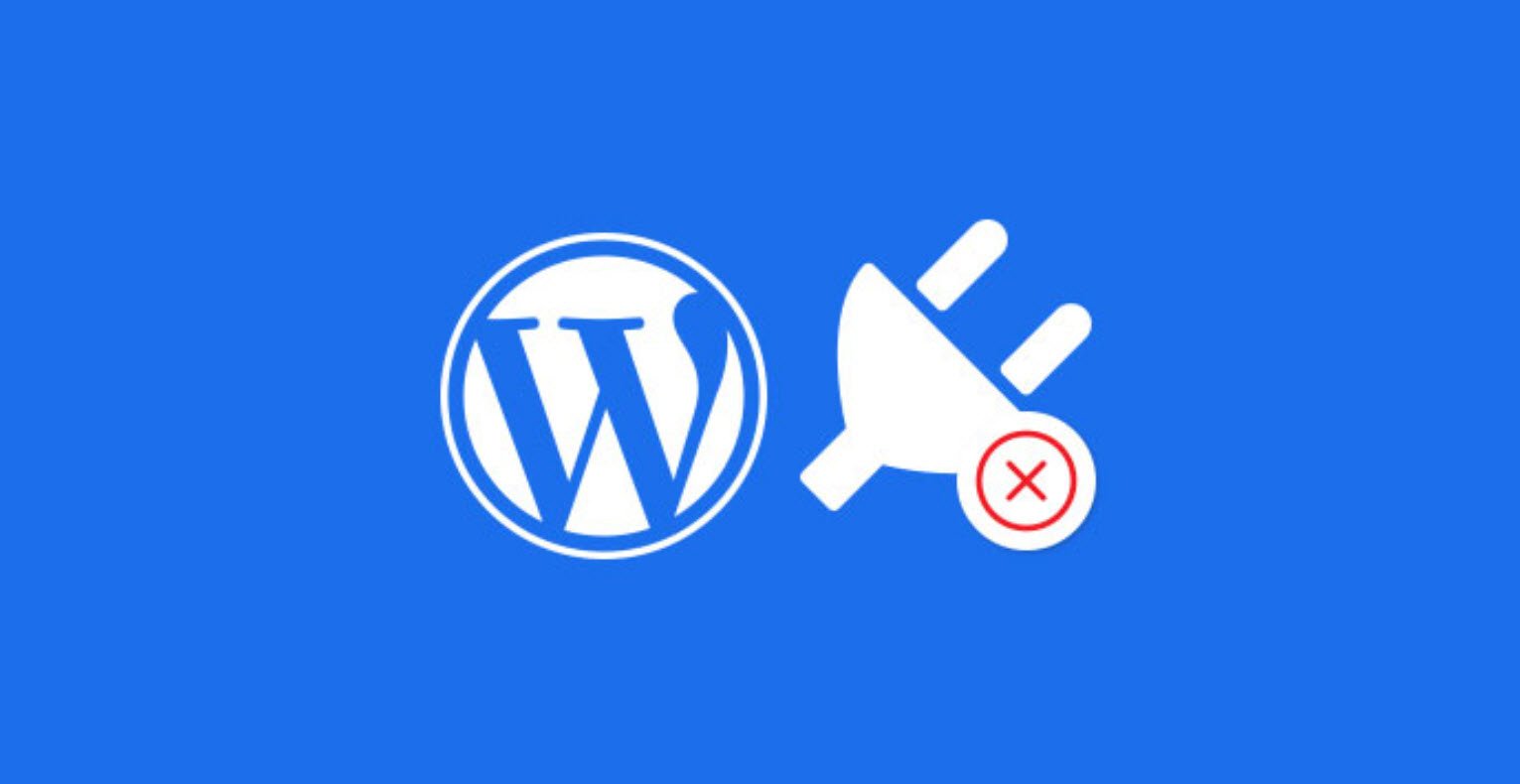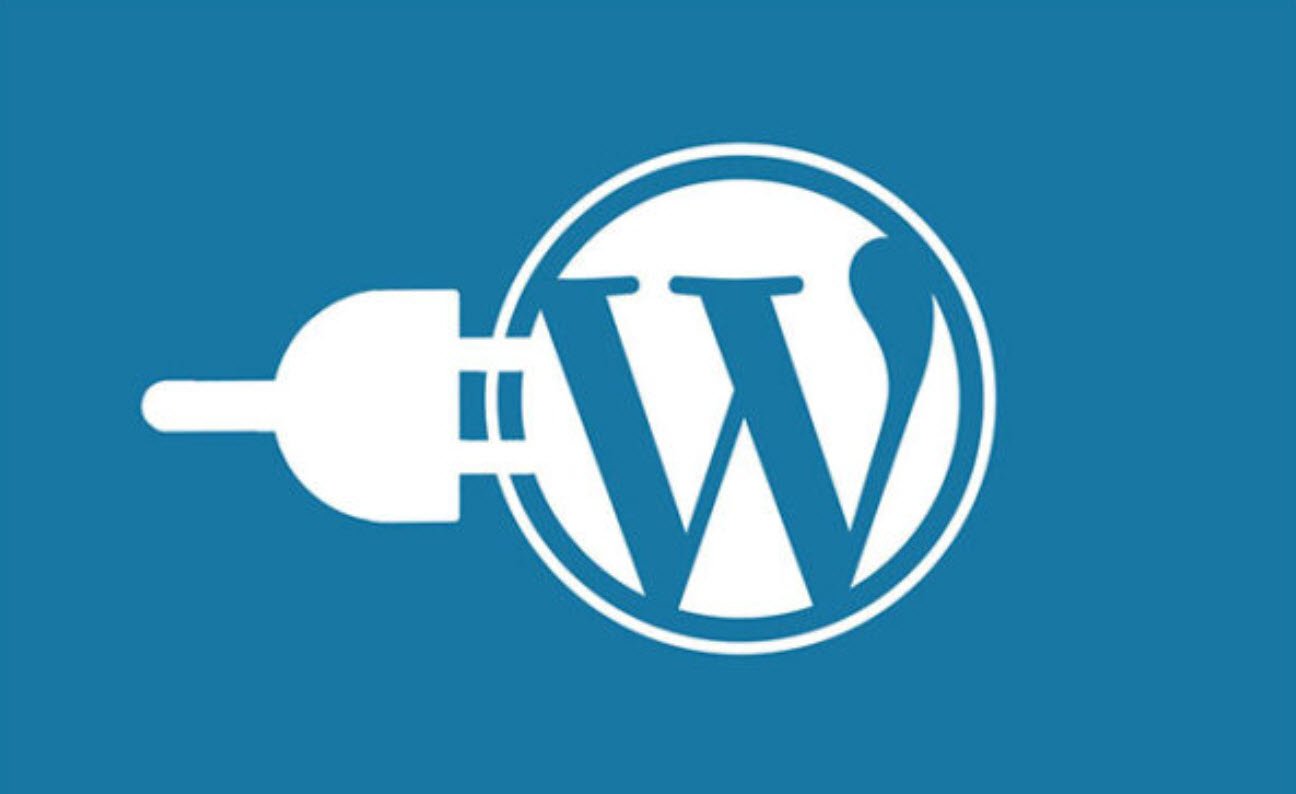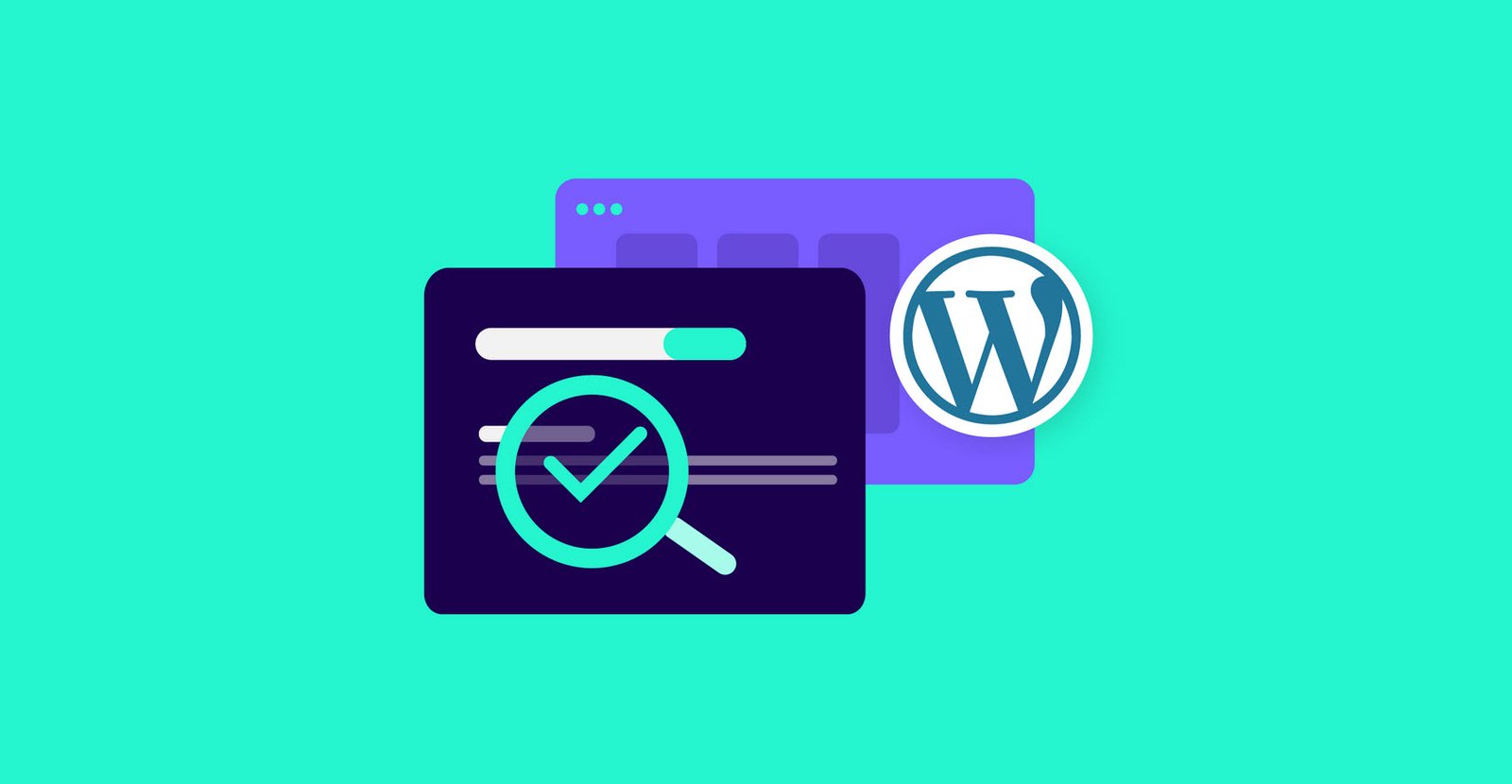
In today’s digital age, having a basic understanding of website development terminology can empower individuals to navigate the online world with confidence. Whether you’re a blogger, business owner, or simply someone curious about how the internet works, grasping fundamental concepts related to website creation and management is invaluable.
Let’s explore into some key terms and concepts that form the foundation of website development:
1. Blog
A blog is a type of website that features regularly updated content, often presented in reverse chronological order with the most recent posts appearing at the top. Blogs typically allow for reader engagement through comments and cover a wide range of topics, from personal experiences to professional insights.
2. Browser
An internet browser, commonly referred to as a web browser, is a software application used to access and view websites on the internet. Popular web browsers include Google Chrome, Mozilla Firefox, and Microsoft Edge.
3. Cpanel
Cpanel, short for Control Panel, is a web-based interface provided by web hosting companies that allows users to manage various aspects of their website hosting account. This includes managing files, checking website statistics, creating email accounts, registering domain names, and installing software such as WordPress.
4. CSS (Cascading Style Sheets)
CSS is a coding language used to define the visual appearance and layout of web pages. It allows web developers to specify styles such as fonts, colors, spacing, and positioning, ensuring consistency and coherence across multiple pages of a website.
5. Domain Name
A domain name is the unique address of a website on the internet, typically starting with “www” and ending with an extension like “.com,” “.org,” or “.net.” It serves as the online identity of a website and is essential for users to access it.
6. Domain Registrar
A domain registrar is a company accredited by the Internet Corporation for Assigned Names and Numbers (ICANN) to register and manage domain names on behalf of individuals and organizations. Domain registrars facilitate the process of acquiring and renewing domain names.
7. Fantastico / Simple Scripts
Fantastico and Simple Scripts are features offered within cPanel that enable users to easily install various software programs, including content management systems like WordPress, onto their web hosting accounts.
8. Footer
The footer is the bottom section of a website that typically remains consistent across all pages. It often contains copyright notices, links to privacy policies, and other supplementary information.
9. Header
The header is the top section of a website that usually remains constant throughout the site. It commonly includes a logo, navigation menu, and other essential elements for user navigation.
10. Hosting
Web hosting refers to the service of storing and making websites accessible on the internet. It involves renting server space from a hosting provider to store website files and data, ensuring that the website is available to visitors 24/7.
11. HTML (Hypertext Markup Language)
HTML is the standard coding language used to create and structure the content of web pages. It provides the basic framework for web browsers to interpret and display text, images, links, and other elements of a webpage.
12. Page
A page is a specific piece of content on a website that is typically static, meaning its content remains relatively unchanged over time.
13. Permalinks
Permalinks are permanent URLs that point to specific posts or pages on a website. They are customizable in WordPress and play a crucial role in search engine optimization and user-friendly navigation.
14. PHP (Hypertext Preprocessor)
PHP is a server-side scripting language commonly used for creating dynamic web content. It allows web developers to generate dynamic web pages, process form data, and interact with databases.
15. Plugin
A plugin is a software component that adds specific features or functionality to a website, typically within a content management system like WordPress. Plugins extend the core functionality of a website and can range from simple widgets to complex applications.
16. Premium Themes
Premium themes are professionally designed website templates available for purchase. They often come with additional support and advanced features compared to free themes.
17. Post
In WordPress, a post refers to a piece of content that is published on a blog or website, typically displayed in reverse chronological order with the most recent posts appearing first. Posts often include comments from readers and cover a variety of topics.
18. RSS Feed
RSS (Really Simple Syndication) feeds allow users to automatically receive updates from websites or blogs. Users can subscribe to RSS feeds using feed readers or email, receiving notifications whenever new content is published.
19. Sidebar
The sidebar is a section of a website typically located alongside the main content area. It may contain navigation links, RSS feed subscriptions, advertisements, and other supplementary content.
20. URL (Uniform Resource Locator)
A URL is the unique address that identifies a specific webpage on the internet. It consists of various components, including the protocol (e.g., “http://” or “https://”), domain name, and path, enabling users to access web content.
21. Widget
A widget is a small software application or component that adds specific functionality to a website. In WordPress, widgets can be easily added, rearranged, and customized to enhance the user experience.
22. WordPress
WordPress is a popular open-source content management system (CMS) used for creating websites, blogs, and online stores. It offers a user-friendly interface, a wide range of themes and plugins, and robust customization options for users of all skill levels.
In conclusion, familiarizing yourself with these essential terms and concepts in website development can empower you to navigate the online landscape more confidently.
Whether you’re a website owner, blogger, or simply an internet user, understanding these fundamentals will enhance your overall digital literacy and enable you to make informed decisions when creating, managing, or interacting with websites.
You may also like:- Extracting .wpress Files with Wpress-Extractor
- Hackers Exploit Severe WordPress Plugin Vulnerability
- Critical SQL Injection Vulnerability in LayerSlider Plugin Threatens 1 Million WordPress Sites
- Best WordPress SEO Plugins for Enhanced Website Rankings in 2024
- 3 Best WordPress Plugins to Stop Clickjacking
- WordPress Security Checklist – 2024 Updated List
- How to Prevent Malware Attacks on WordPress
- Adding a New Admin User to WordPress
- How To Force User To Login Into WordPress With Username
- Hide Your WordPress Login Error Message – A Brief Guide









This Post Has One Comment